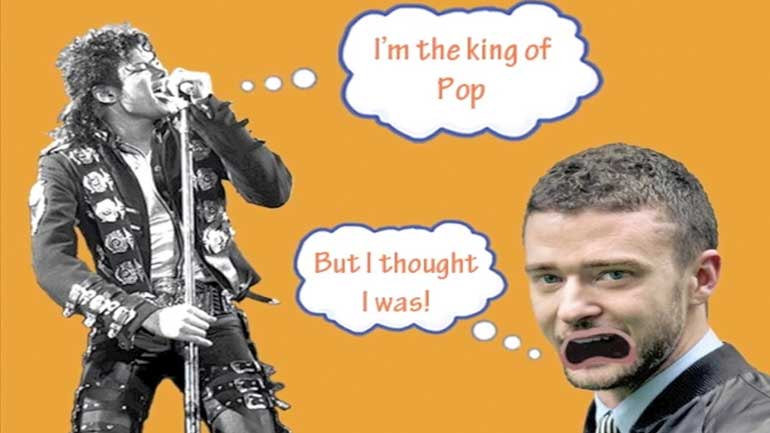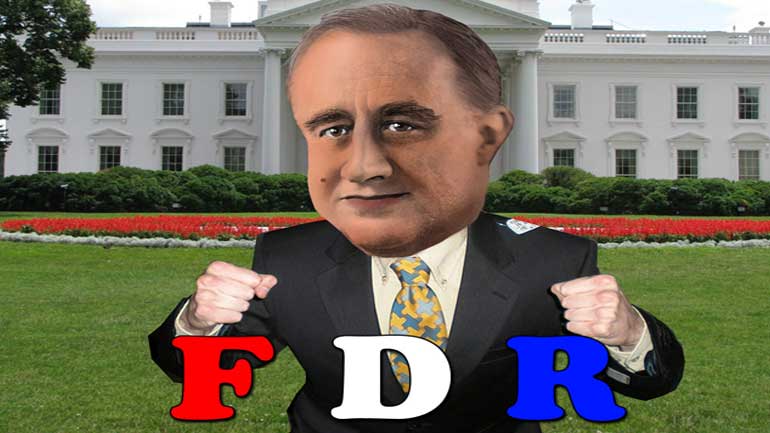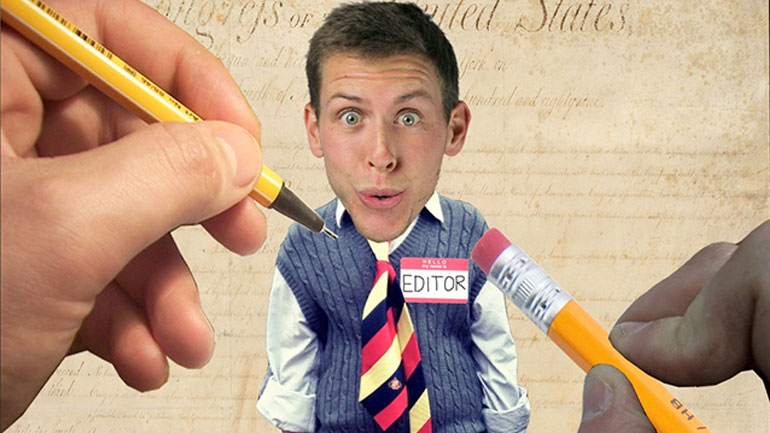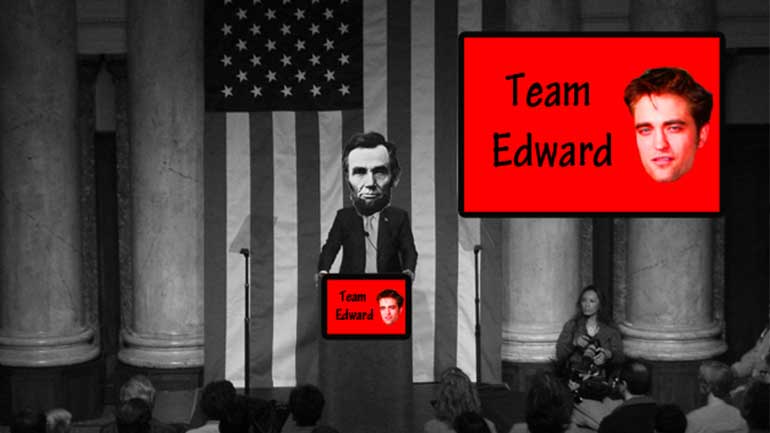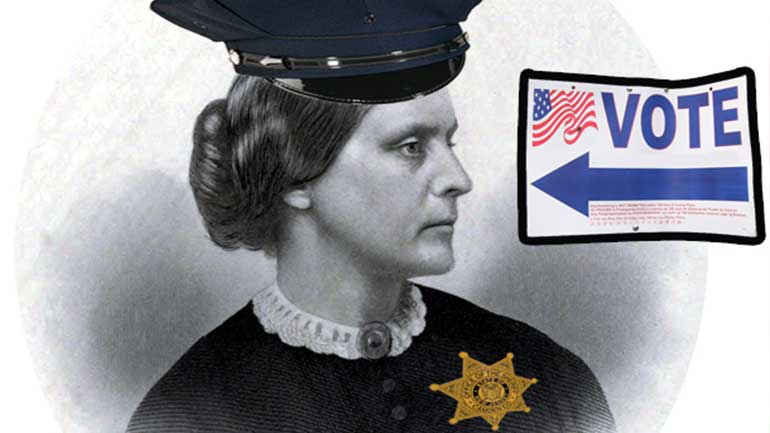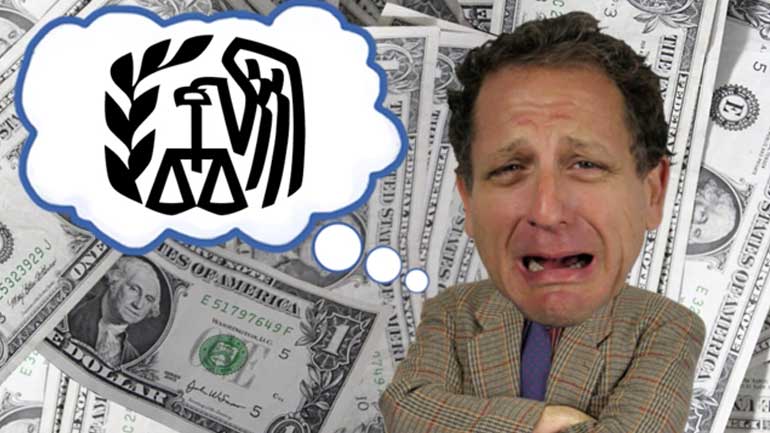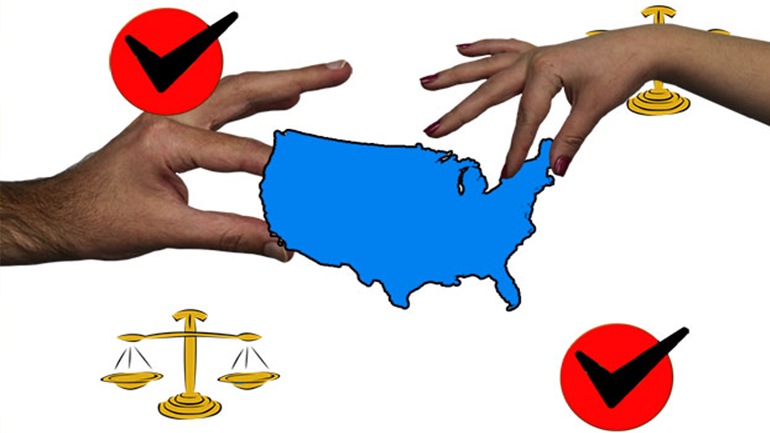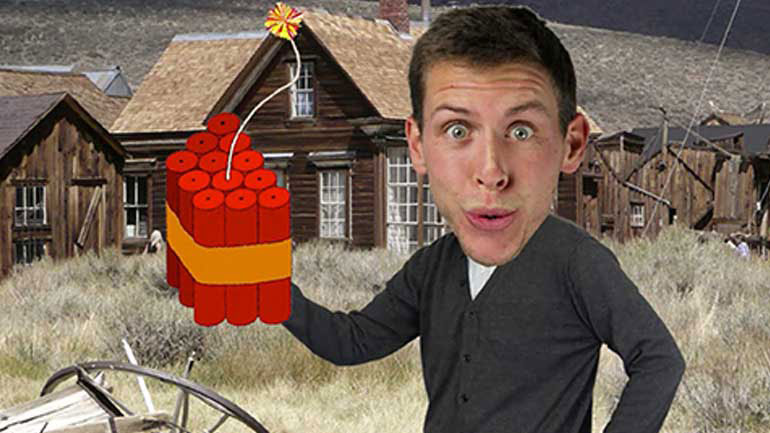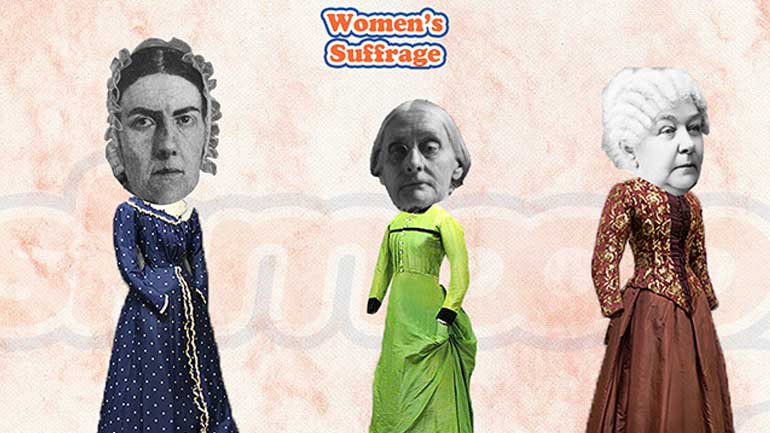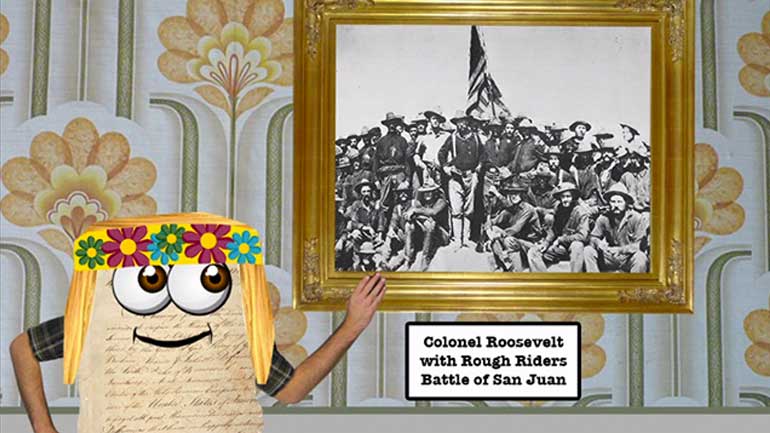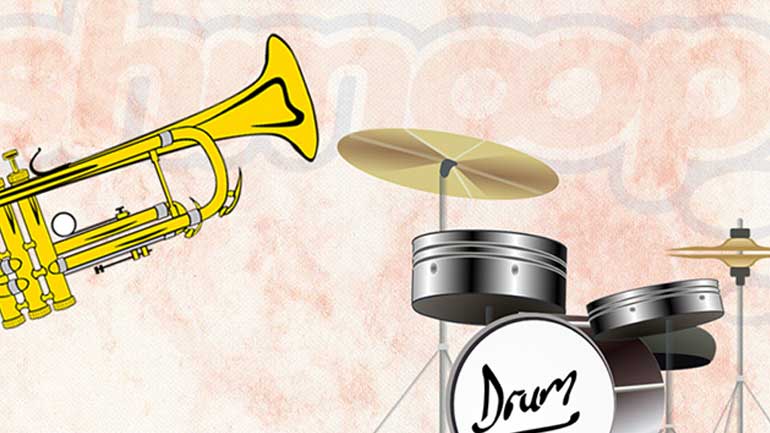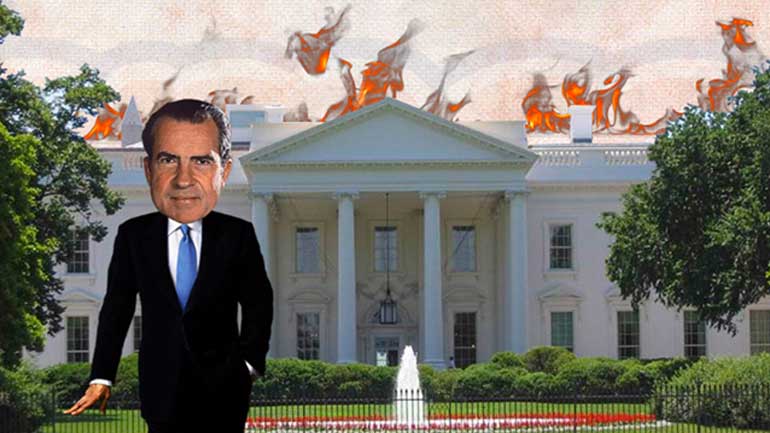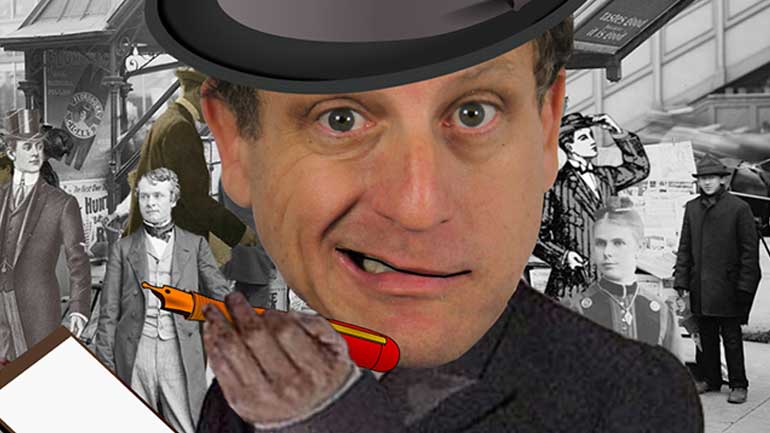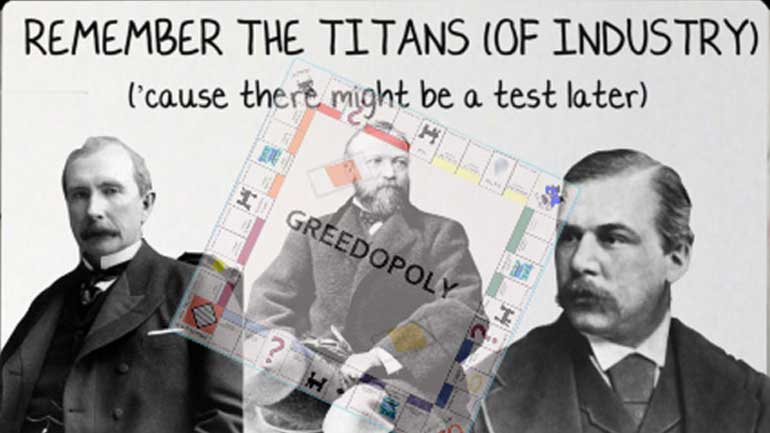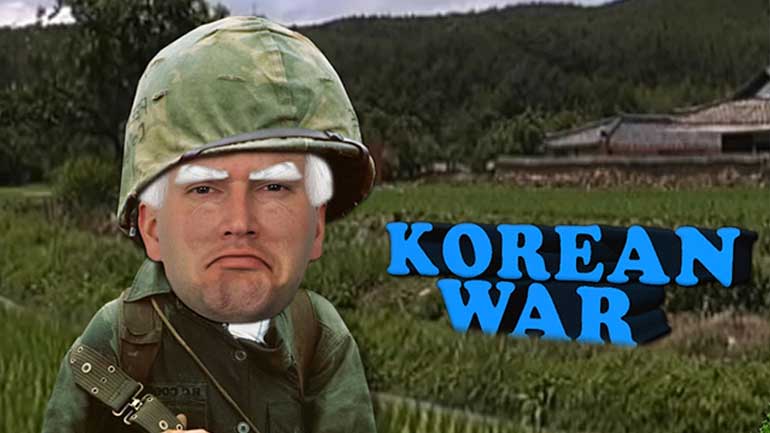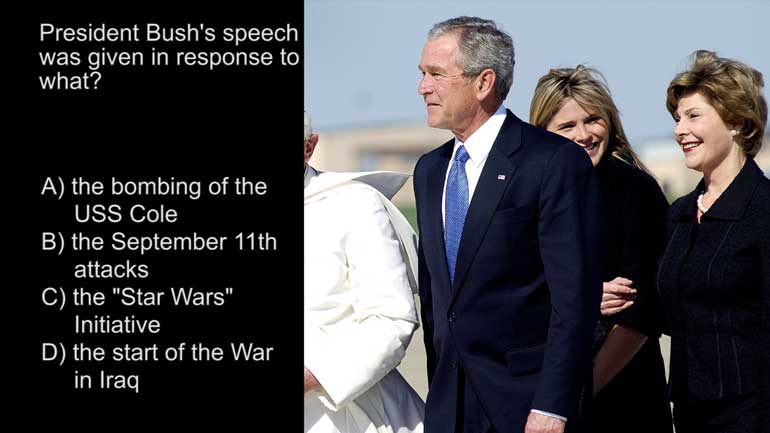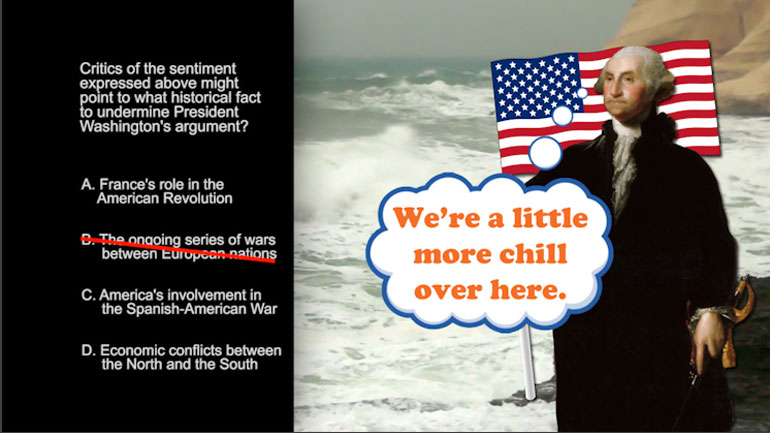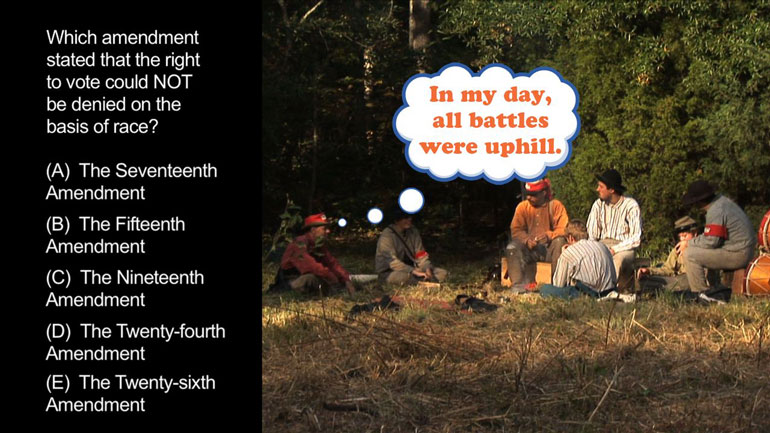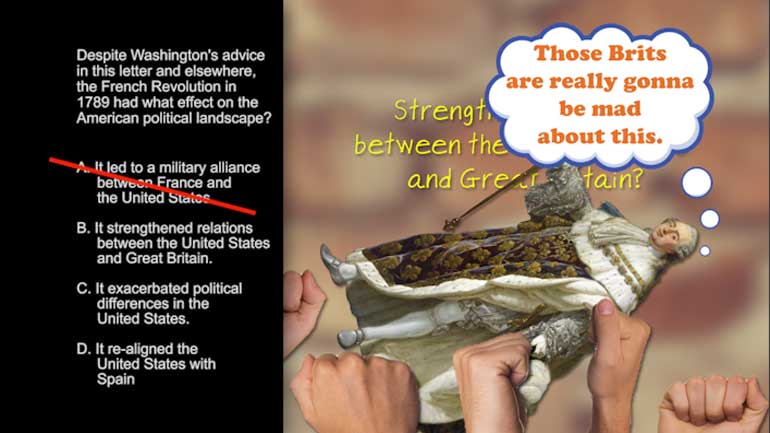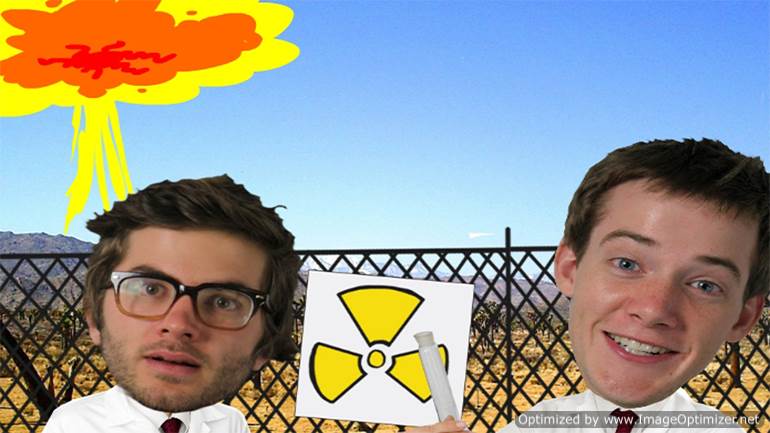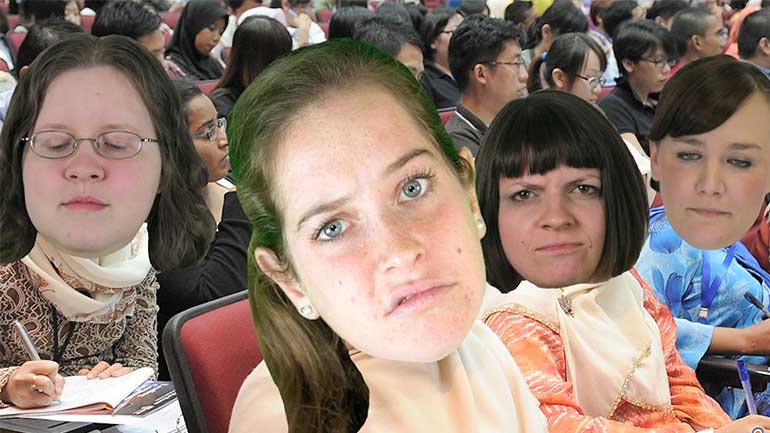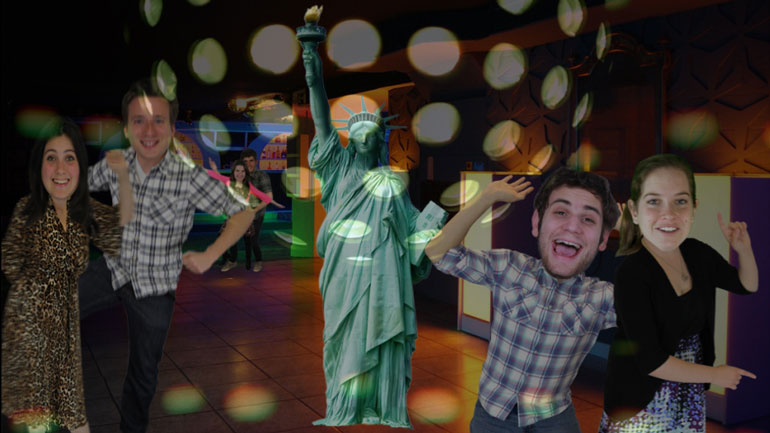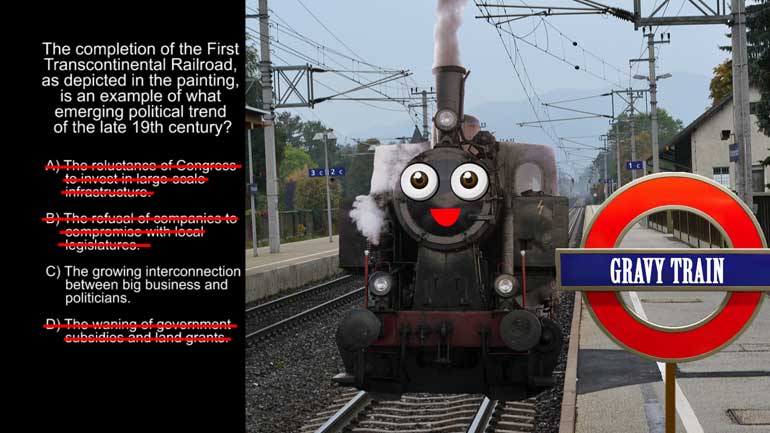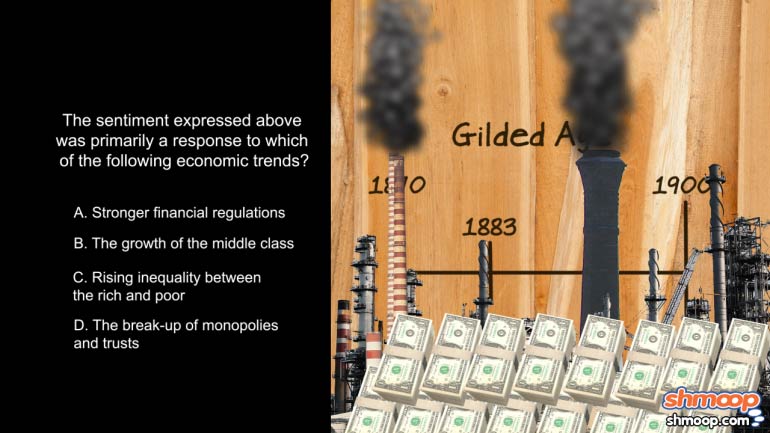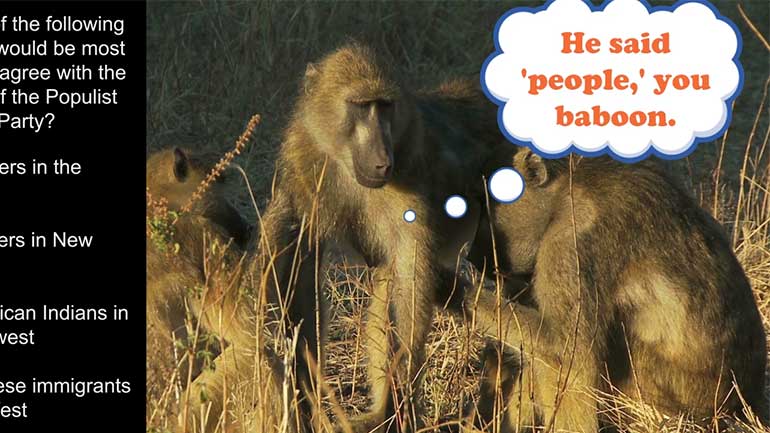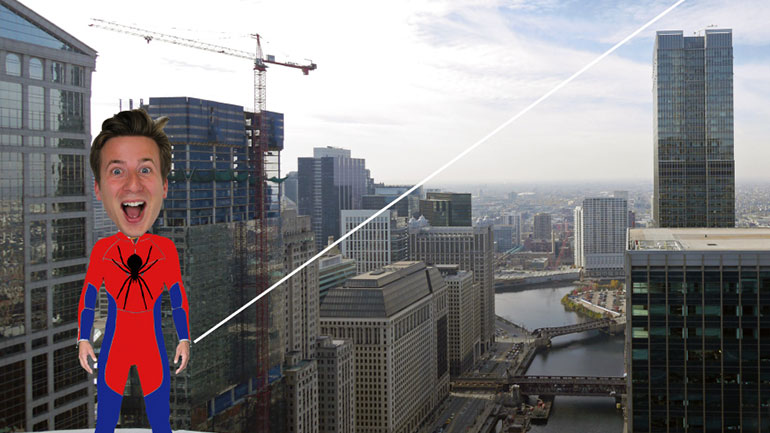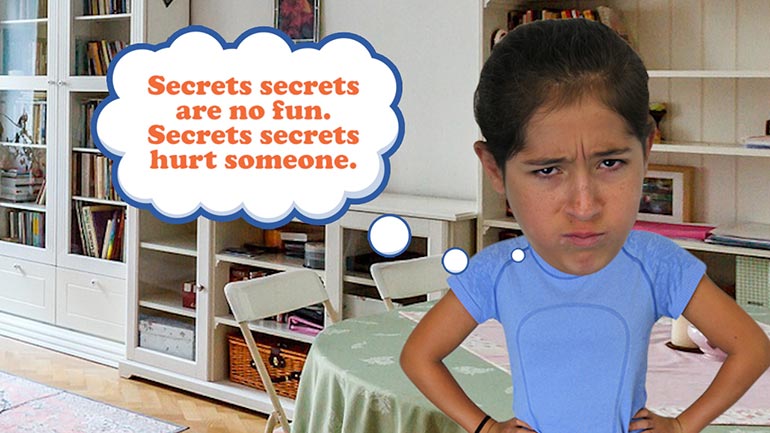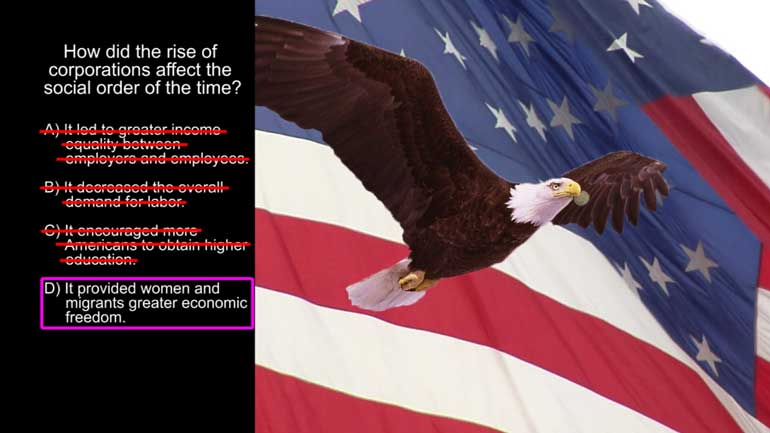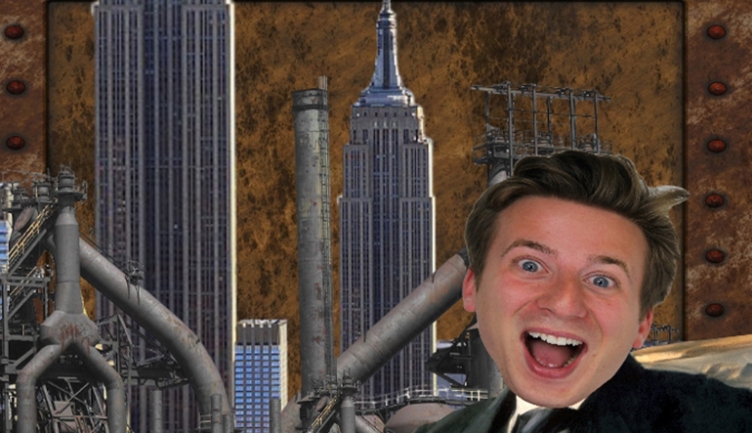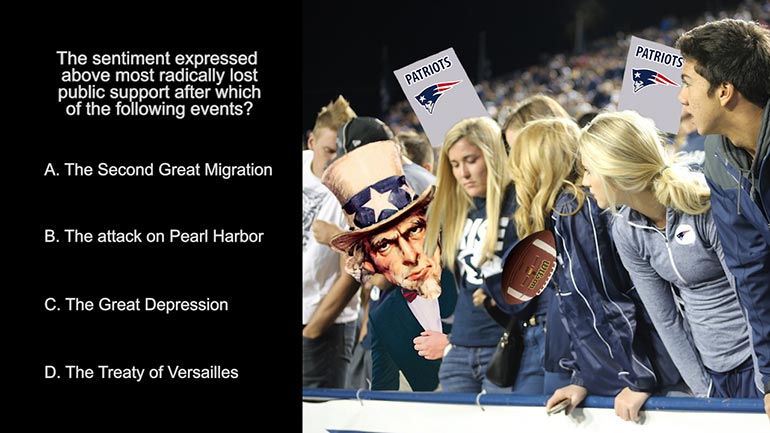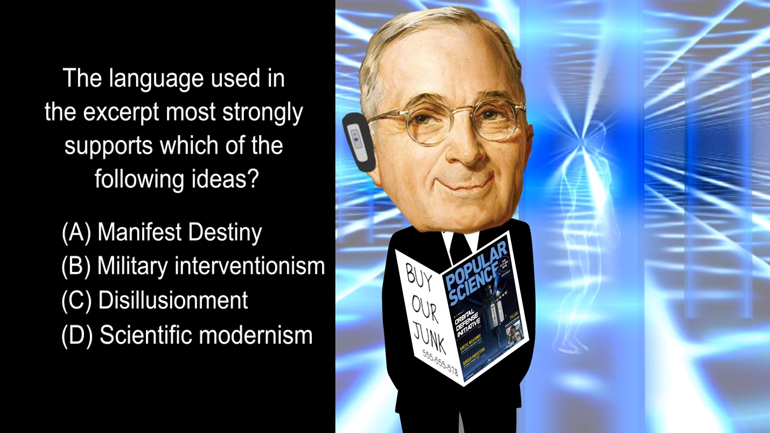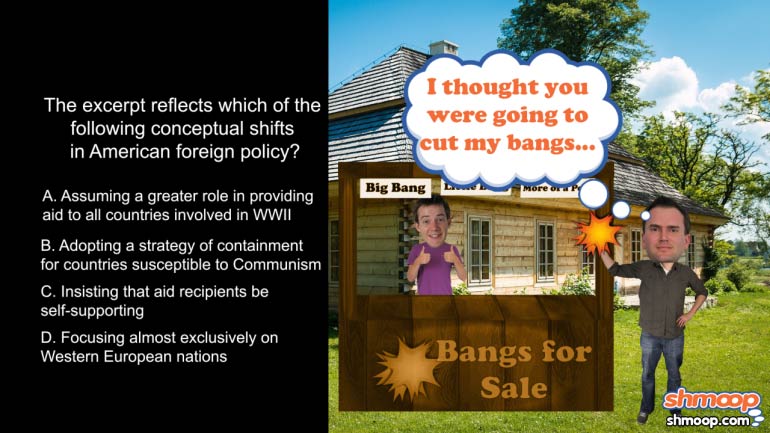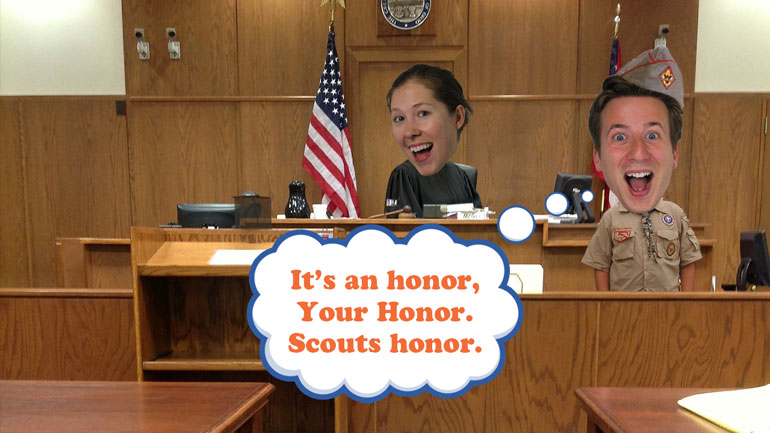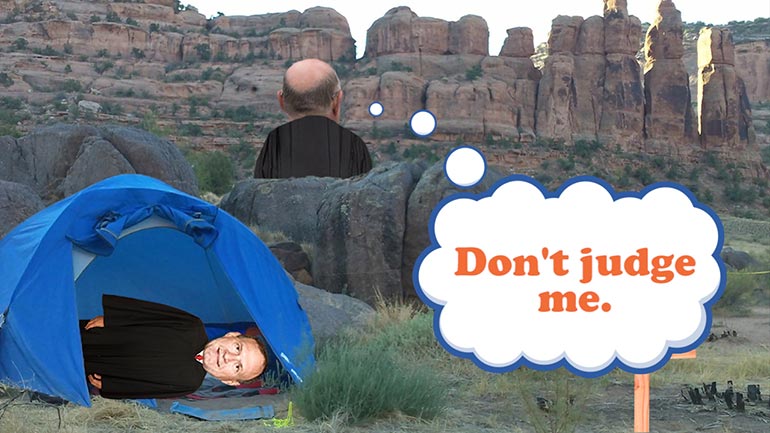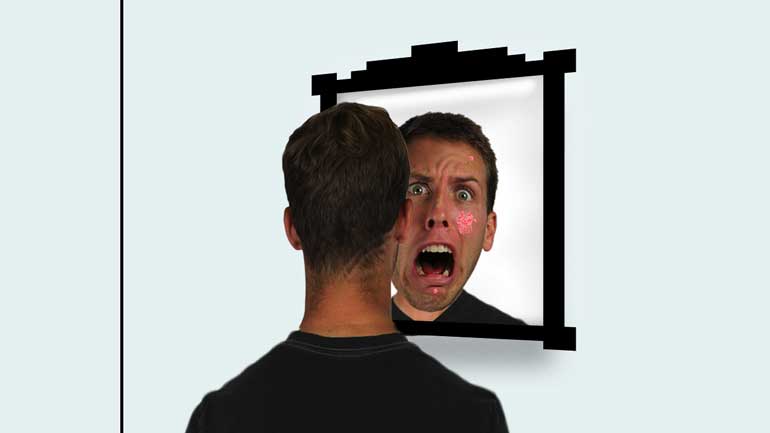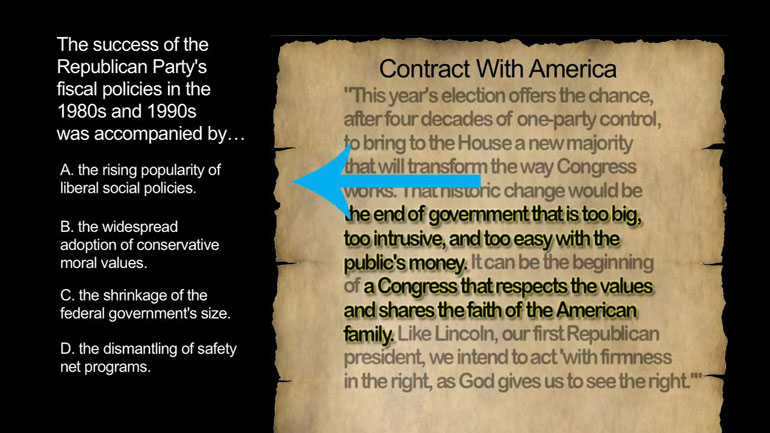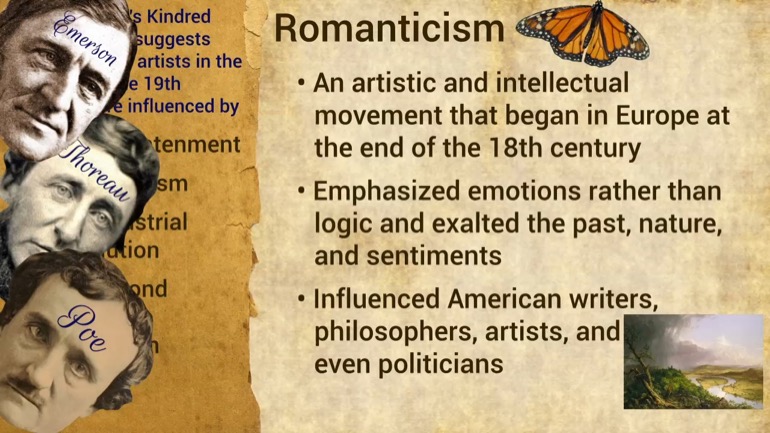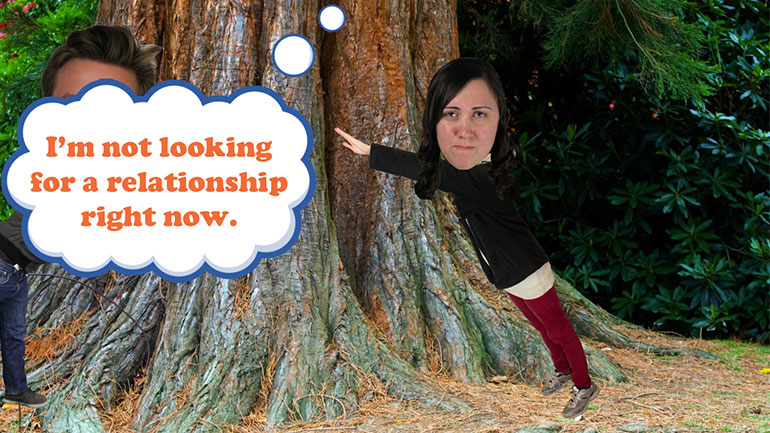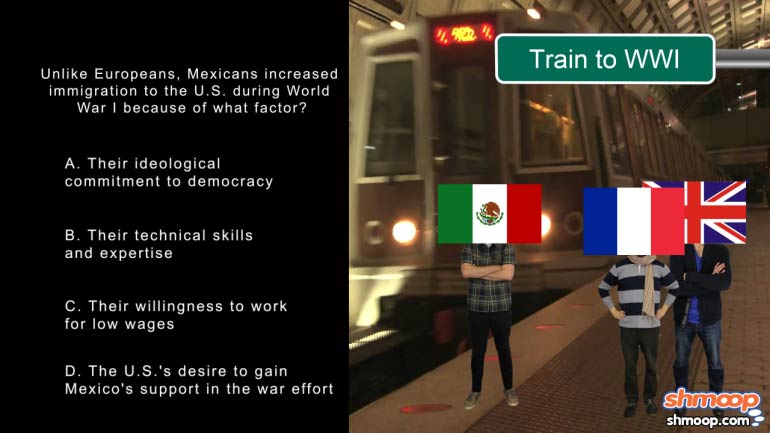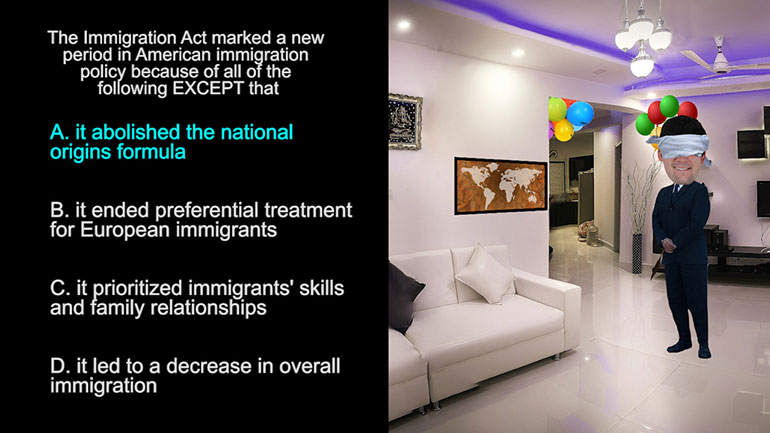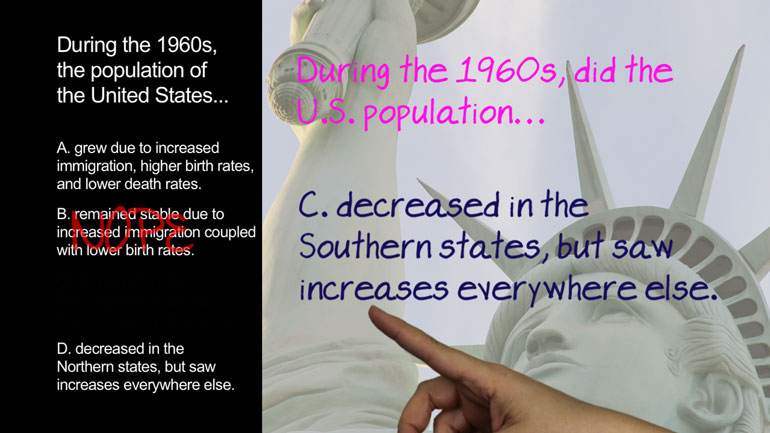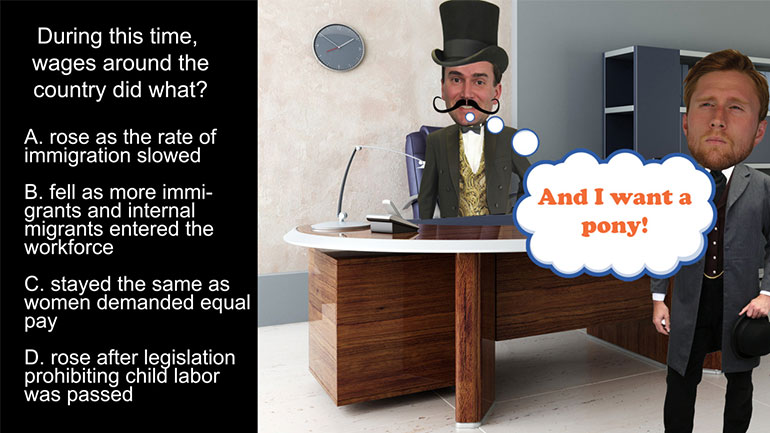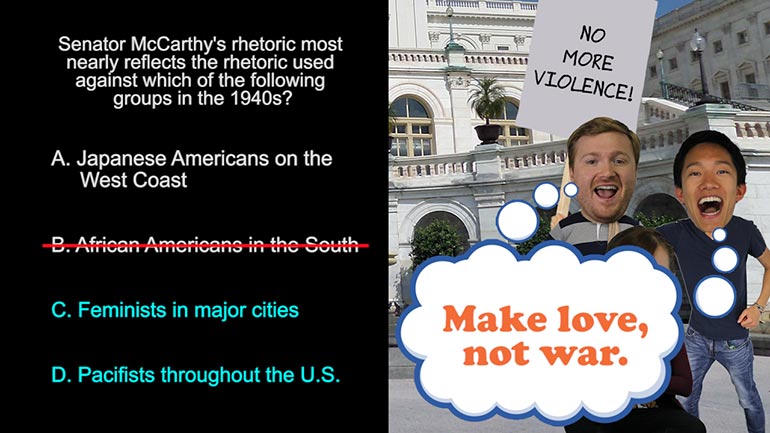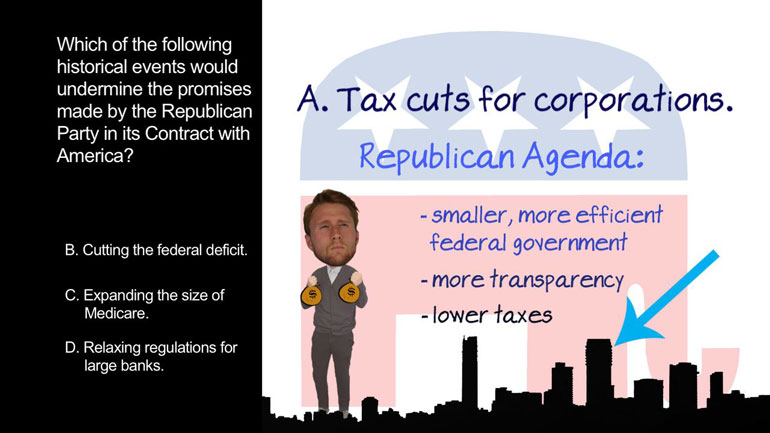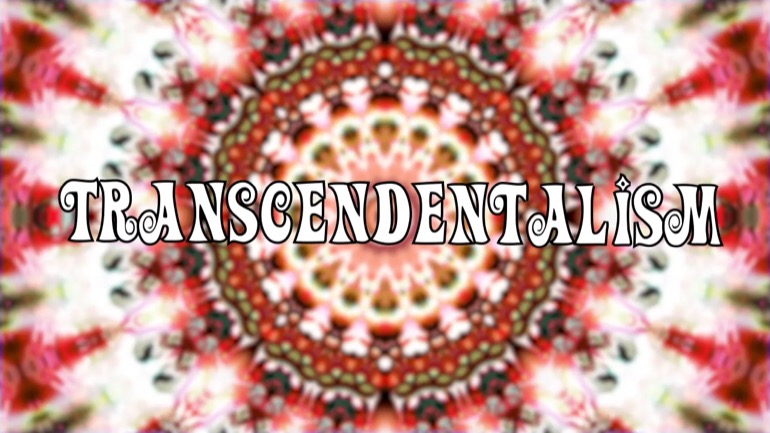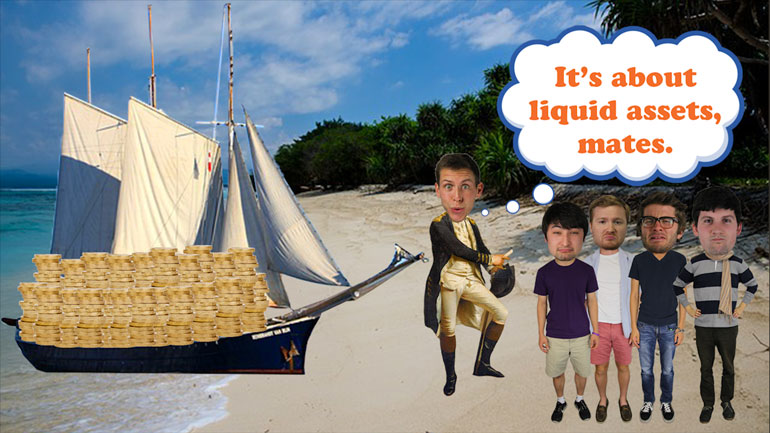ShmoopTube
Where Monty Python meets your 10th grade teacher.
Search Thousands of Shmoop Videos
U.S. History EOC Assessment Videos 64 videos
AP U.S. History 1.1 Period 5: 1848-1877. Which of the following groups would be most likely to support the idea of Manifest Destiny?
In the 1950s and 60s, people weren't just expressing their feelings toward the government—they were singing them, too. (Think Crosby, Stills, Nas...
Deal or no deal? FDR's New Deal provided hundreds of thousands of jobs in the public sector to bring the economy out of the Great Depression. It wa...
The Atomic Bomb 12674 Views
Share It!
Description:
It killed thousands. It turned two beautiful cities into piles of rubble. It ended a war. The atomic bomb was dropped on Hiroshima and Nagasaki in 1945. Days later, WWII was over. Was this the best solution? Did we spare lives by ending lives? Shmoop amongst yourselves.
Transcript
- 00:02
We need quick The atomic bomb an ethical dilemma This
- 00:09
is hiroshi here in japan before eight fifteen a m
- 00:12
august six nineteen forty five and this is your ocean
- 00:15
just minutes later So what happened Well an atomic bomb
- 00:19
him us dropped one on hiroshima and another on nagasaki
Full Transcript
- 00:24
three days later Why did the united states dropped these
- 00:26
bombs The intentions were not inherently evil In fact we
- 00:31
were in some ways merciful hoping to bring an end
- 00:33
to world war to soothe question what would have happened
- 00:37
in the united states Nearly all of the politicians managing
- 00:42
things in world war two had personal experiences in the
- 00:45
terrors of world war Just two decades earlier world war
- 00:48
one was a brutal war Trench warfare mustard gas hand
- 00:52
to hand combat millions died painfully Japanese army demonstrated the
- 00:58
lengths to which they would go for victory with kamikaze
- 01:01
pilots intentionally flying their planes into american naval vessels as
- 01:04
bombs With the european theatre over on the horrors of
- 01:08
the holocaust weighing on politicians hearts united states wanted to
- 01:11
end the conflict with japan as soon as possible policymakers
- 01:15
were willing to go to great lengths to prevent any
- 01:17
More young americans from dying they had a clear means
- 01:20
to end the war fast It wass there was one
- 01:24
stern and clear warning to the japanese There would be
- 01:27
prompt and utter destruction if they did not surrender and
- 01:30
japan never responded the alternative was grim Most estimates show
- 01:35
that if america continued to fight hundreds of thousands of
- 01:38
american lives would be lost And while most believe that
- 01:40
the us would eventually win it was only a question
- 01:43
of at what cost By dropping the atom bomb it
- 01:46
is likely that many more japanese were killed then would
- 01:49
have been if us fought a traditional war But vast
- 01:52
numbers of american lives and much suffering were saved in
- 01:55
a process The us president harry truman made the decision
- 01:58
to drop the bomb It is the only time in
- 02:01
history that nuclear weapons have been deployed in warfare Japan
- 02:04
officially surrendered on september second nineteen Forty five cities of
- 02:09
hiroshima and nagasaki were completely destroyed So what do you
- 02:12
think was the u s right or wrong in dropping
- 02:15
the atom bomb was the intention of ending world war
- 02:18
two and preventing more fighting in death on the battlefield
- 02:21
Justification Would you have dropped the bomb Shmoop amongst yourselves 00:02:25.35 --> [endTime] Let us know what you think
Related Videos
GED Social Studies 1.1 Civics and Government
AP U.S. History 1.1 Period 5: 1848-1877. Which of the following groups would be most likely to support the idea of Manifest Destiny?
In the 1950s and 60s, people weren't just expressing their feelings toward the government—they were singing them, too. (Think Crosby, Stills, Nas...
Deal or no deal? FDR's New Deal provided hundreds of thousands of jobs in the public sector to bring the economy out of the Great Depression. It wa...
Betty Frieden was one of the leading influences (arguably the starting one) in women's rights. She argued for gender equality everywhere— from th...

